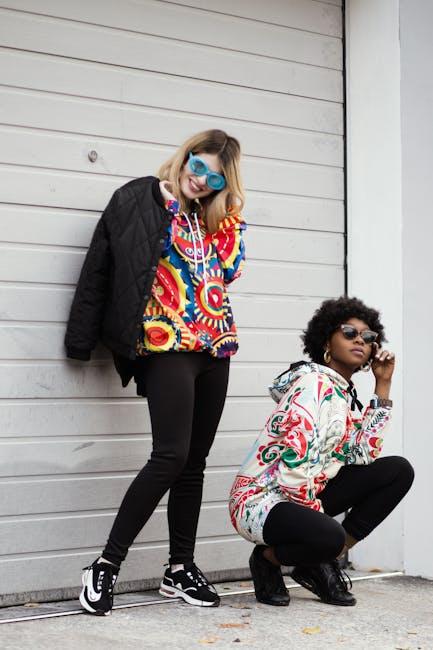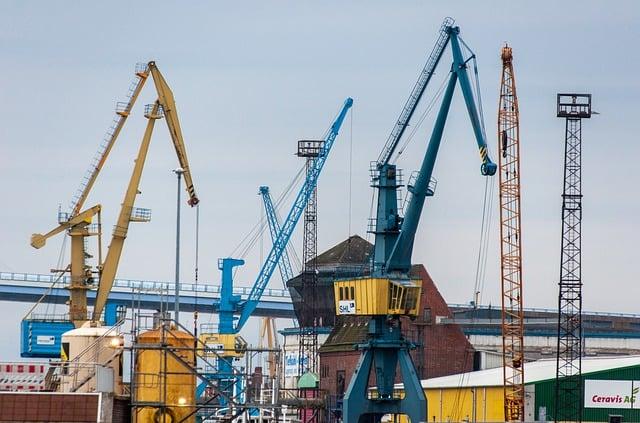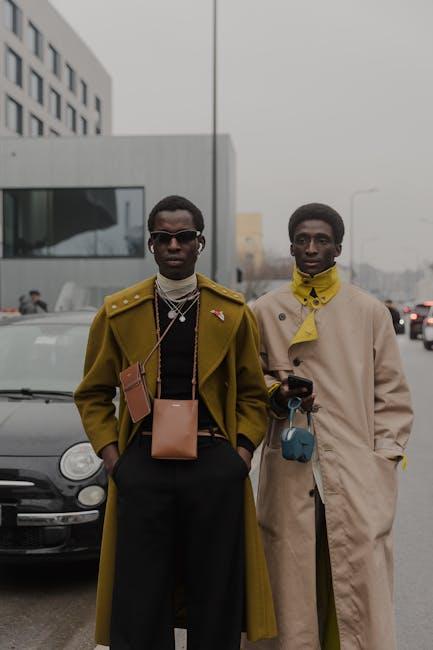In the vibrant world of social media, where style icons curate our digital runways, a pressing question looms: ? As these trendsetters flaunt the latest looks with the tap of a finger, they wield immense power over consumer choices. Yet, beneath the allure of ever-changing wardrobes lies a complex tapestry of ethical dilemmas, environmental concerns, and economic implications. This article delves into the heart of the debate, exploring the responsibilities and repercussions of influencer endorsements in an era where fashion’s speed is both a marvel and a menace. Join us as we unravel the threads of this multifaceted issue, seeking clarity in a world where style meets sustainability.
Fashion Influencers and Fast Fashion: A Complex Relationship

The world of fashion influencers is a dynamic landscape, often caught in the crossfire between promoting the latest trends and the ethical implications of fast fashion. Influencers wield substantial power over consumer choices, with their endorsements driving massive sales for brands. However, this influence raises questions about accountability, especially when promoting brands that contribute to environmental degradation and exploitative labor practices. While influencers may argue that they are merely showcasing affordable style options, critics contend that they hold a responsibility to promote sustainability and transparency.
Key considerations in this debate include:
- Environmental Impact: Fast fashion is notorious for its detrimental effects on the planet, with influencers playing a role in perpetuating a cycle of overconsumption.
- Consumer Awareness: Influencers can educate their followers about sustainable choices, potentially shifting the narrative towards more ethical fashion.
- Brand Partnerships: Aligning with sustainable brands can enhance an influencer’s credibility and foster a more conscious fashion culture.
As the fashion industry evolves, the role of influencers remains pivotal in shaping consumer behavior and driving change towards a more sustainable future.
The Environmental Impact of Fast Fashion Promotion
The rapid churn of trends fueled by fast fashion has a significant environmental footprint. The industry is responsible for approximately 10% of global carbon emissions, contributing to pollution and waste at an alarming rate. The production process involves substantial water consumption and often relies on toxic chemicals, which can contaminate local ecosystems. This results in a cascading effect on biodiversity and community health, further exacerbating the environmental crisis.
Fashion influencers, with their vast reach, play a pivotal role in driving consumer demand for these unsustainable products. By promoting fast fashion, they inadvertently endorse practices that lead to:
- Increased waste: Millions of tons of clothing are discarded each year, with many items ending up in landfills.
- Resource depletion: The constant need for new materials strains natural resources, particularly water.
- Microplastic pollution: Synthetic fibers from clothing contribute to oceanic microplastic pollution.
As trendsetters, influencers have the power to shift the narrative towards more sustainable practices, but their current promotion of fast fashion often perpetuates a cycle of environmental degradation.
Ethical Considerations for Influencers in the Fashion Industry

In the rapidly evolving world of fashion, influencers wield significant power over consumer choices. This influence comes with a responsibility to navigate the ethical landscape carefully. Promoting fast fashion, which often relies on unsustainable practices and labor exploitation, raises critical questions about accountability. Should influencers prioritize ethical considerations over brand partnerships and financial gains? Balancing aesthetics with ethics requires thoughtful reflection on the impact of their endorsements.
- Environmental Impact: Fast fashion contributes to pollution and waste. Influencers should be aware of the ecological footprint of the brands they promote.
- Labor Practices: Consider the working conditions of those who produce the clothing. Transparency in brand partnerships can highlight ethical labor standards.
- Consumer Awareness: Educate followers on sustainable alternatives and the long-term effects of fast fashion consumption.
By adopting a more conscientious approach, influencers can inspire positive change and lead the fashion industry towards a more sustainable future.
Guidelines for Responsible Fashion Promotion

In the realm of fashion promotion, influencers hold a significant sway over consumer choices. To foster a more ethical industry, it’s crucial they adhere to certain principles:
- Transparency: Clearly disclose partnerships and sponsorships. Honesty builds trust with the audience and ensures informed decisions.
- Education: Share insights about the impact of fast fashion on the environment and society. Highlight alternatives such as sustainable brands or second-hand shopping.
- Mindful Promotion: Focus on quality over quantity. Encourage investment in timeless pieces rather than fleeting trends.
- Authenticity: Choose collaborations that align with personal values. Authenticity resonates with followers and promotes genuine engagement.
By embracing these guidelines, influencers can play a pivotal role in reshaping consumer habits and promoting a more sustainable fashion landscape.





































